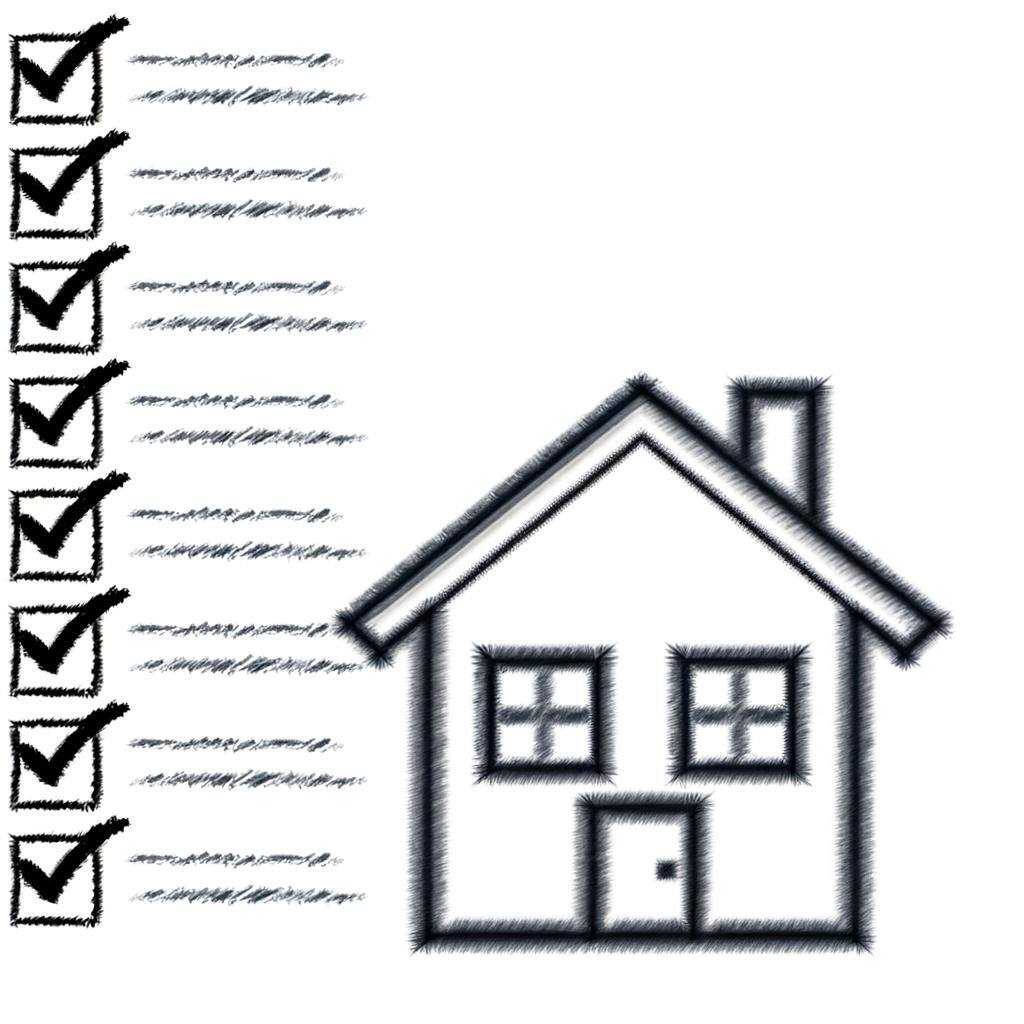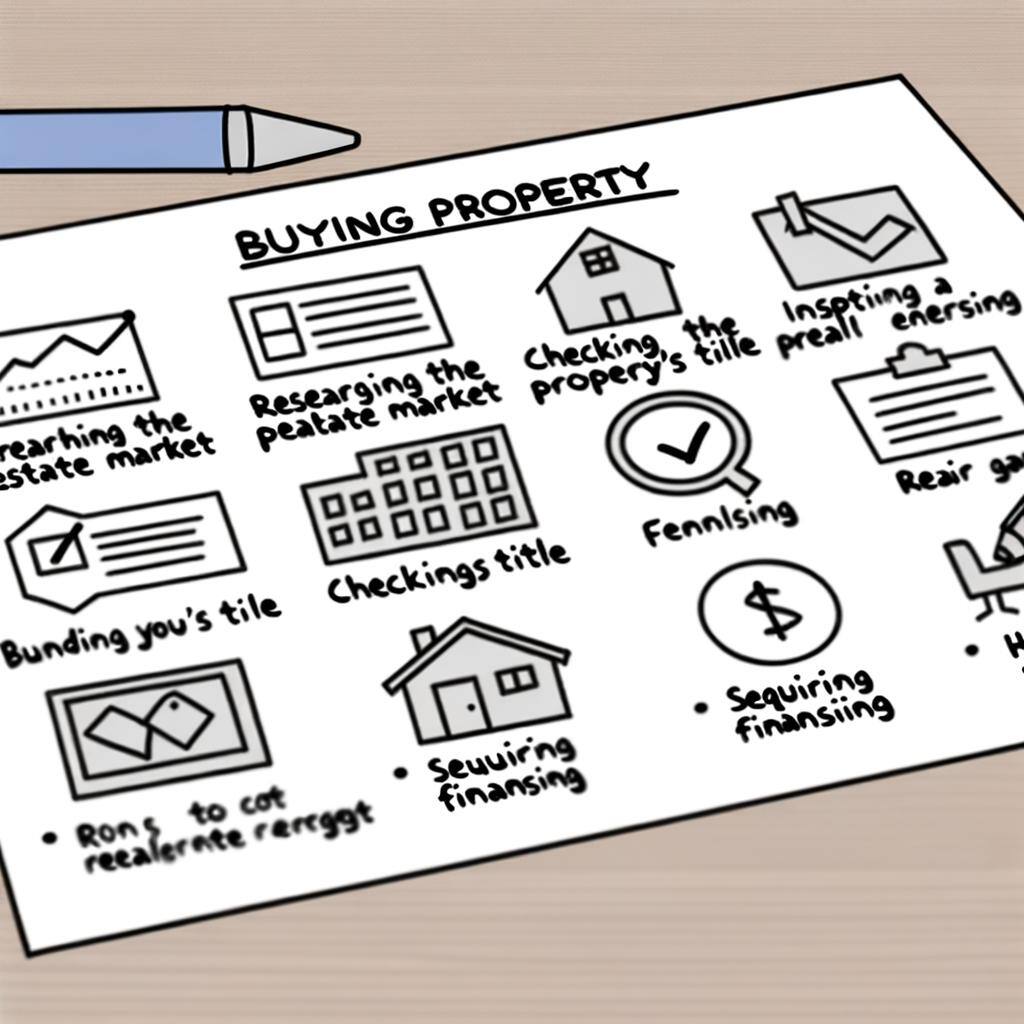Uncover Profitable Real Estate Investment Opportunities Beyond Rentals
Before you can reap the many benefits of real estate investing, you’ve got to buy your first rental property, which is a challenge for many investors...

Whether you're a first-time home buyer, upgrading to a new primary residence, or buying your first rental property, getting to a house closing is exciting for everyone involved. If you're buying a home, it means that your loan application has gone through, and you can finally look forward to moving in. Sellers can attend the closing with full knowledge that they're about to receive a large sum of money.
Before you reach the closing date, you’ll want to have a checklist of things that need to be done on or before this day. Without a checklist, the hectic nature of the situation could stress you out and make you forget something important.
On closing day, documents are reviewed, papers are signed, and ownership is transferred from the seller to the buyer. Funds will be moved from escrow. Title and mortgage fees will need to be paid before the property is transferred. Once the title and deed are transferred, the transaction is finished! .
Buying Your First Rental Property?
Whether you're buying or selling a home, there are specific documents that you must bring with you to closing. If you forget something, the entire process could be delayed temporarily.
The buyer is responsible for bringing numerous documents to closing, which include everything from the initial purchase contract to their ID. The types of documents that you must have on hand include the following:
When you're selling a home, the transaction can't close unless you take several things with you to the meeting. Make sure that you take the following items to closing:
Before closing day arrives, there are several things that must be done to ensure everything goes smoothly. Following this checklist allows you to avoid any surprises before you move in. Use the following checklist to keep track of the tasks you still need to do.
You should get your closing documents a few business days before closing. Read them thoroughly to ensure you don't have any questions about the documents you're about to sign. It's also a good idea to check them for errors. If you have any questions about the closing documents, contact your real estate agent.
To protect yourself from the ever-growing threat of wire fraud, make sure you confirm the wiring/payment instructions directly with your lender or attorney. Once you're told who the closing agent is, call them to determine if they have special instructions for you.
Nearly all lenders ask borrowers to provide them with proof of insurance coverage before the transaction closes. Prepare for the closing date by purchasing homeowners insurance. Your lender will likely expect you to obtain a policy that covers 100% of the replacement cost. However, you may be allowed to obtain a policy that covers up to 80% of the home's value. Ask your lender what their specific requirements are before you purchase a policy.
Moving into a new home is already stressful enough without having to call utility companies to ensure your service is up and running as soon as possible. You don't need to wait until you move in. Call the utility companies to set services up well in advance of closing. If closing is just a few days away, make sure the seller has given their utility providers cancellation notices.
When you receive your initial loan estimate, hang onto it. Around three business days before closing, you should receive the final disclosure, which is a detailed breakdown of your expenses. Compare the information on your loan estimate with the closing disclosure to make sure everything matches.
You should do a final walk-through of the property with your agent either the morning of closing or the day before. You'll be able to make sure the condition of the property hasn't changed for the worse since the seller accepted your offer. The things you should look for during a walk-through include the following:
If you detect an issue, call your agent immediately. The seller may need to compensate you if they have yet to make the agreed-upon repairs. Other issues could result in the closing being postponed.
If you've followed this checklist to the letter, all that should be left is for you to sign the final documents that allow you to close on your new home. You can now celebrate after all the hard work you've done to get here.
Looking for investment properties? Browse high-ROI turnkey real estate investments in some of the best investing markets in America!
As the seller, your main goal is to facilitate the closing process by bringing the keys and the deed. However, there are a few additional steps you should take before closing to avoid any hurdles or delays.
The first thing you should do is notify utility companies that your services are ending. Once you know the closing date and time, you can contact your utility providers immediately. They prefer homeowners notify them at least two to three weeks before the move. They'll have enough time to draft the final bills and send them to your new address. Electric, water, trash, internet, and gas are the main utilities you'll need to call.
Ask your real estate agent to speak with the buyer's agent about scheduling the final walk-through. Make sure the timing fits your schedule and doesn't hurt your ability to pack and move your possessions.
Make sure you don't cancel your home insurance too early. Only cancel AFTER the transfer of ownership. Once the deed and title have been transferred to the buyer, you can get rid of your coverage immediately.
If the property is your primary residence, you can start planning your move-out date after you know when closing is. You can technically choose to move out at any time before the closing date arrives. However, it's highly recommended that you complete most of the packing and shipping of your belongings before you move.
Selling a property when tenants live there can be challenging. You need to follow the right guidelines to avoid issues later on. Before closing, you must notify your tenants of the date. Make sure you're within legal limits of giving them notice. Every state has different laws on when tenants need to be notified. For example, some states require a 60-day or 90-day notice. If you own a single-family property with a tenant who's on a month-to-month lease, issue the notice at least 30 days beforehand.
Unless an investor or buyer purchased your home in "as-is" condition, you'll need to clean it before you move out. While the home doesn't need to be completely spotless, the buyer shouldn't walk into a mess. Here's a short checklist of things you should do when cleaning your home:
When closing day arrives, remember to bring your keys, ID, and the deed to the house. Once the buyer signs the necessary documents, you'll get paid. You'll likely receive your money within 24-48 hours after closing.
Whether you're a buyer or seller, there are numerous things you should do after you close. This checklist can help you navigate a new situation and avoid additional stressors. Here are some tips:
This comprehensive checklist should help you successfully navigate the closing process. You've successfully closed on this house, but what about building wealth with the next property? If you're interested in securing your financial future with turnkey rentals, set up a free consultation with Rent to Retirement today!
Buyers should prepare the following documents:
Sellers should make the following preparations:
Before you close on the home, you should check everything from your home insurance to utilities. Make sure a final walk-through is scheduled. You also need to double-check wiring instructions to ensure your payment gets to the seller without issue.
The most important step to take 10 days beforehand involves providing proof of insurance. In fact, many lenders require proof within 10 days of closing. Your insurance company should provide you with the necessary binder. Request a change of address packet from USPS as well.

Before you can reap the many benefits of real estate investing, you’ve got to buy your first rental property, which is a challenge for many investors...

Are you considering buying your first rental property? Before you purchase this type of real estate, you should have in-depth knowledge of property...

When you're searching for a strategy that will help you save for retirement and build your wealth, look no further than real estate investing. If you...